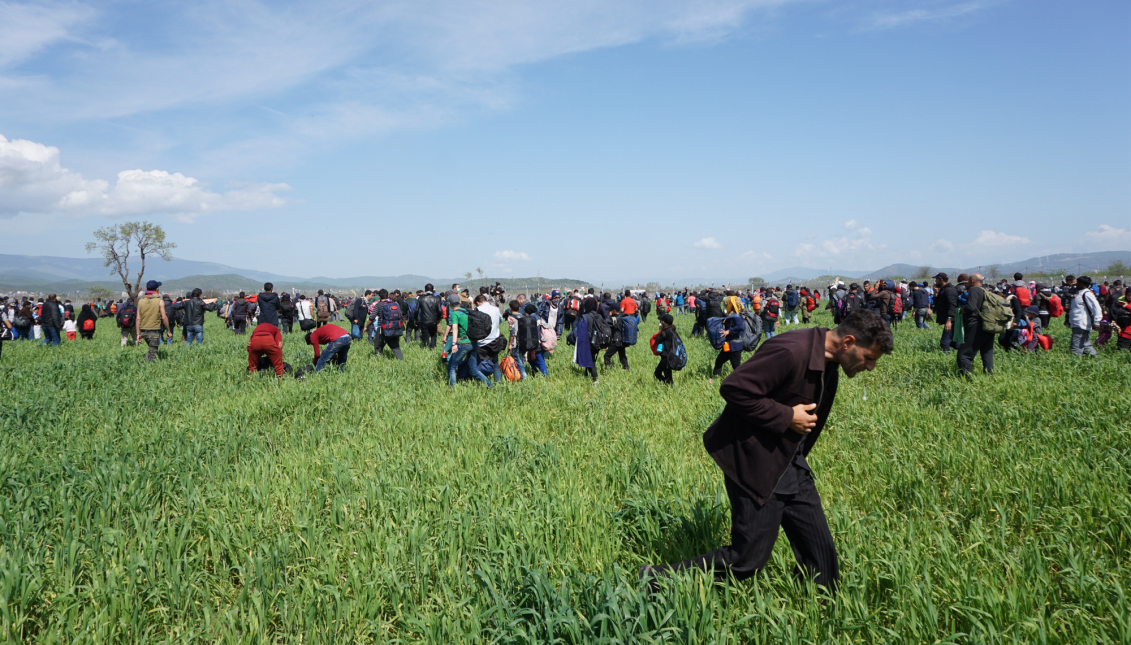
The last days of Idomeni
Two weeks ago, Greek authorities started the relocation of nearly ten thousand people stranded at Idomeni, one of the largest refugee camps in Greece. AL DÍA…
Two weeks ago, Greek authorities started the relocation of nearly ten thousand people stranded at Idomeni, one of the largest refugee camps in Greece. AL DÍA News was there and witnessed the humanitarian drama at Europe’s front step.

The exodus began in 2010 and 2011 when thousands of people took to the streets across the Middle East as well as Syria demanding political changes. Bashar al-Assad’s response was a violent repression that dragged the entire country into a bloodbath.
According to the former UN special envoy to Syria, Staffan de Mistura, half a million people have died after five years of war, while 7.6 million more have fled to countries like Lebanon, Jordan or Turkey and more than 4 million are displaced within Syria, a country that used to have 22 million people before war exploded.
In this scenario, Greece plays an essential role in saving the lives of those countless displaced by the half a decade long war. More than 54,000 refugees are veritably stuck in 30 settlements like Idomeni, waiting for a solution that still seems far away.

Idomeni, a small village in a no man’s land
Idomeni can be sensed before actually getting there. At Polikastro, a small village 25 miles away, people can be seen walking at one side of the road, heading north. At both sides of the highway that connects Thessaloniki, Greece’s northernmost city, with Macedonia, a few settlements start to hint at what comes next: 2,000 people at Eko gas station; 700 at the parking lot of hotel Hara and 500 more at the BP gas station. All of them are part of a great human river that feeds this crowded sea of more than 15,000 men, women and children that have arrived in 2016 alone.
At first sight, Idomeni is nobody’s land. A small town of tents placed all around what is supposed to be some kind of cereal plantation. Walking around the camp is like being in a grim labyrinth, surrounded by the same train tracks used 70 years ago by the Nazis during the Holocaust. Today, the same rail yards have been occupied by hundreds of Syrian, Iraqi and Afghan families.
The camp’s distribution is not capricious. As it happens with immigrant communities in the self called “first world”, those who arrive first, make room for those who come after: family members, friends or just those who share the same language or cultural roots. This is how national neighborhoods have formed. The Afghans here, the Iraqis there, Syrians all around and Kurdish (that are Syrians or Iraqis)over there. In other words, there are small linguistic, ethnic or religious ghettos that seem to be a sample of the deep social and political division that exist in their countries.
Walking through Idomeni represents an overwhelming immersion in a complex world. The situation here is the same for everybody, but the experiences are personal.
Naema is a Syrian woman of 43 years old, but looks two decades older. She came here with the remaining members of her family, those who have survived. She lost four of her sons and her husband in Syria. Naema says she prefers to be here than going back to her country while Bashar al-Assad is still in power.

Joan Bito, 35, is a Kurdish man. He is part of a family of 64, including his grandmother, a septuagenarian woman who blesses anyone who walks by her as she sits in her wheelchair.
The very first thing that Joan did was show me a video of his house destroyed by bombs near Aleppo, he said soon after that “Life was already hard enough for Kurdish people in Syria, but it got worse with war.”
Fidan and Fatima, who are not older than 45, demand nothing impossible from the European Union: rights, safety and protection for their children. Garma’s son was forced to join al-Assad’s army. He lost a leg in the war and then escaped to Germany. “He is respected there. He has a new leg and he can run again,” Garma said. She trusts that Europe’s common sense will prevail in allowing her to see her boy again.
When asked about ISIS or al-Assad, most of them share the opinion that evil does not represent Allah’s will. They believe ISIS or Daesh is just another mafia with lots of guns, most of which come from the U.S. and Europe. They do not want Bashar al-Assad or another crazed dictator. Most of them are willing to go back, but under one condition: that they have peace, rights and respect for the lives of all in their country.
But the truth is that they can’t. How long will these families have to wait for a new life in Europe? Will they be able to make it? Does the EU have real intentions and institutional ability to give them shelter? People like Ali don’t know the answers for these questions, they only know that, for now, Idomeni or any other camp is a much better place to live in than Syria. At this point, without money in his pockets, Ali has nowhere else to go.
When I said to him “asif” (I’m sorry in arabic), he disagreed and raised his hands and dropped them pointing at the sand, almost as if saying “I am fine where ever Allah wants me to be.”

While they wait for their dream to turn real, days become weeks. In the meantime, women still take care of their babies under tents and cook (when they can) on makeshift stoves made of stone. Men come and go, talk to each other, smoke cigarettes and drink the darkest and most bitter coffee on the planet. Those who still have some money left, invest in little sales of bread, cigarettes and canned food. Those who do not have anything left, queue up every day to get a plate of warm food from the humanitarian NGO’s. Children, when they are not crying, play around.
My friend, my friend!
The hardship of getting in touch with anybody is easily overcome thanks to the “my friends,” the way Spanish and Catalans volunteers call thousands of kids that run in every direction and never stop calling everyone the first thing they learn in English: “my friend, my friend!” Being welcomed by dozens of “my friends” is the most beautiful and powerful experience here; they are perfect hosts.
Ever since Macedonia closed its border with Greece two months ago, a group of volunteers called Team Bananas come to the camp every morning to give about 5,000 bananas to every child in the camp. And every day, they’re welcomed by a chorus of “my friends.”
After asking how many children lived in every tent, mothers usually answered “six babies.” Team Bananas members think refugees always exaggerate the number of children in order to get more bananas, but the truth is they represent at least the third part of the population: 4,000 “my friends” under 12, with some being born in the camp without a defined nationality.

What kind of future will these children have if they spend their childhood in a refugee camp? Nobody knows, but it’s foreseeable. They’re both the happiest and most vulnerable people in Idomeni. They do not have access to their basic rights such as education, health or even a home. Doctors Without Borders, UNHCR and other NGOs at the camp are simply not enough for the kids. Volunteers teach English and other subjects in a sizeable tent near the rear of the camp. Others play games with the kids to pass the time, but there are so many out there, just wandering around. Doctors Without Borders identified around 340 unaccompanied infants, traveling without parents in the settlement.
The future for Idomeni is that it will no longer be what it was last week, but the humanitarian crisis at the doors of Europe remains. The evacuation of refugees to warehouses or abandoned factories near Thessaloniki has increased the NGOs concerns. As said by UNHCR spokesperson Melissa Fleming: “the conditions of some of these sites fall well below minimum standards. (…) Poor conditions at these sites are compounding the already high level of distress of refugee families, fueling tensions within refugee populations and complicating efforts to provide required assistance and protection.”


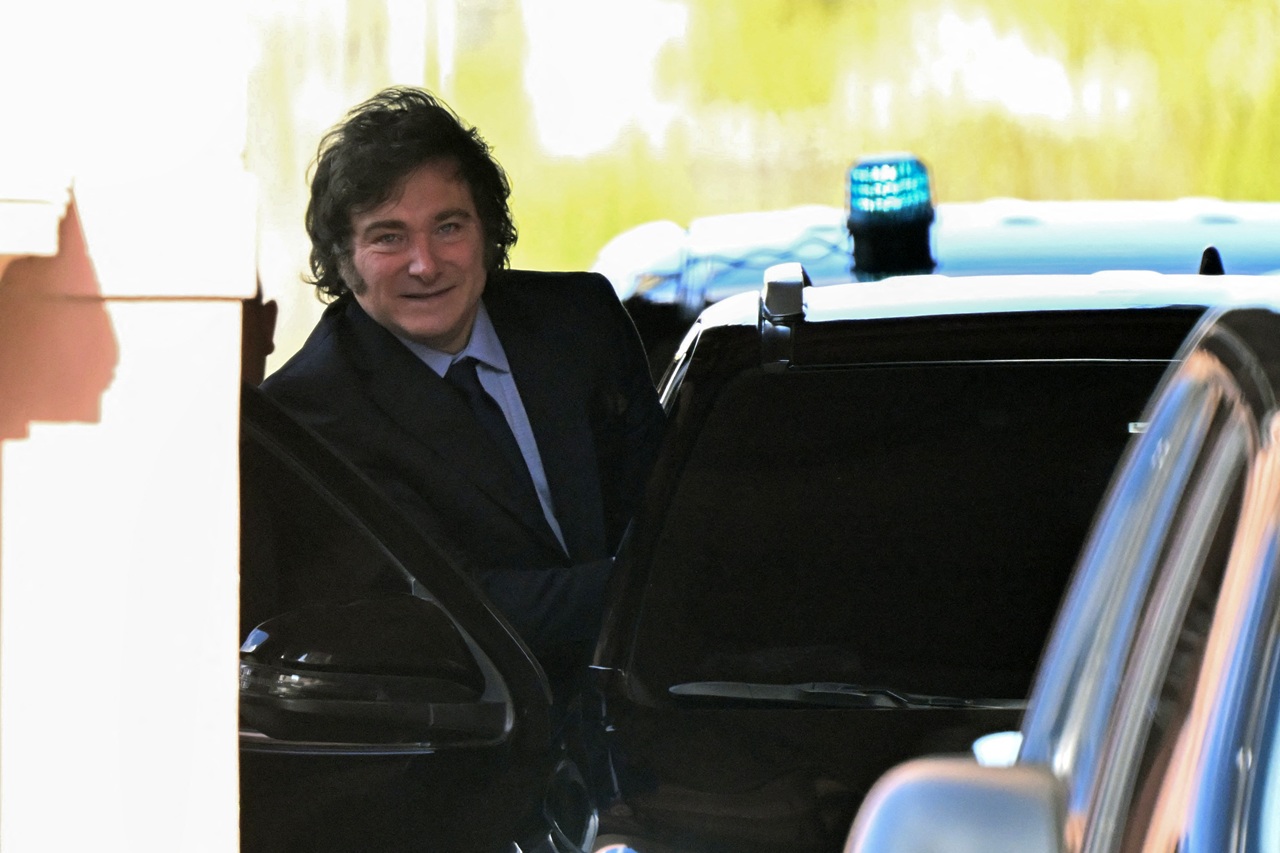

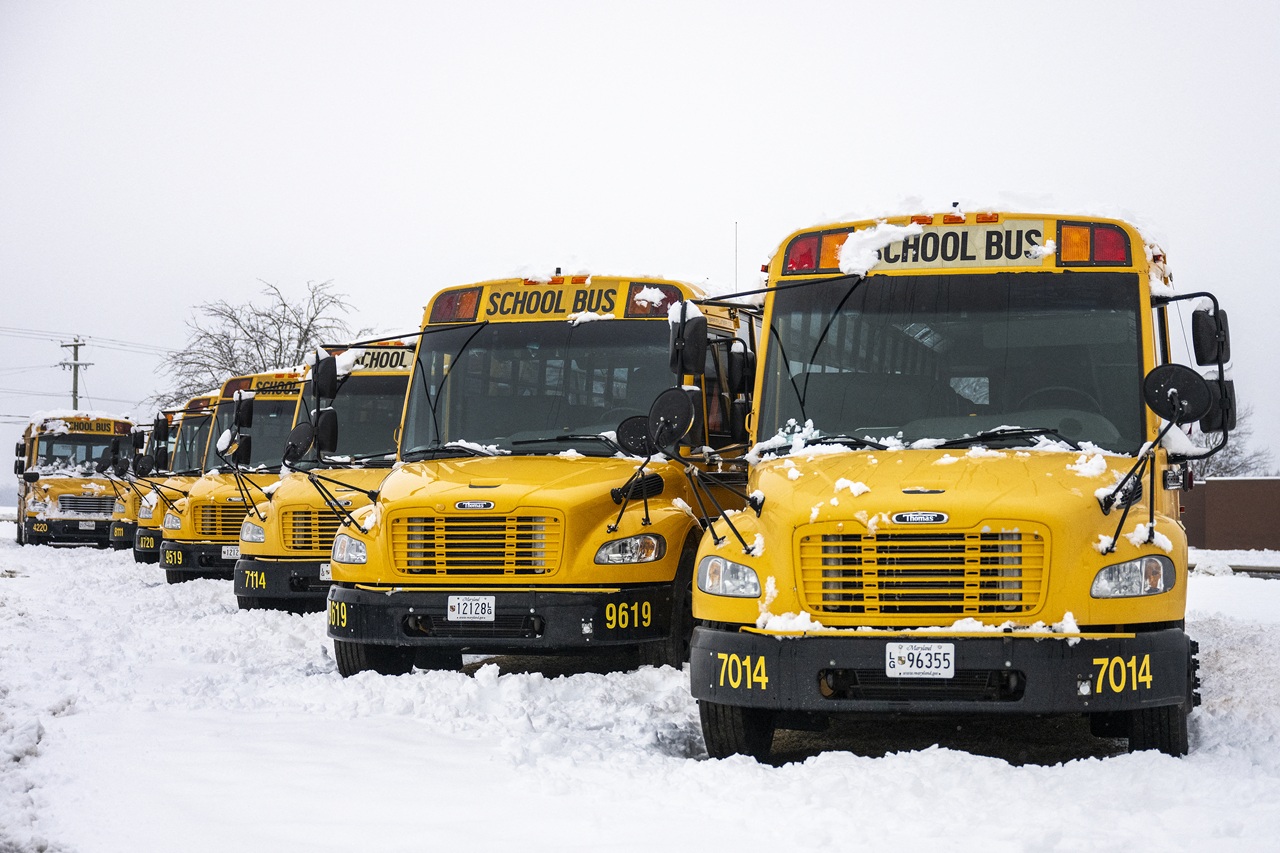
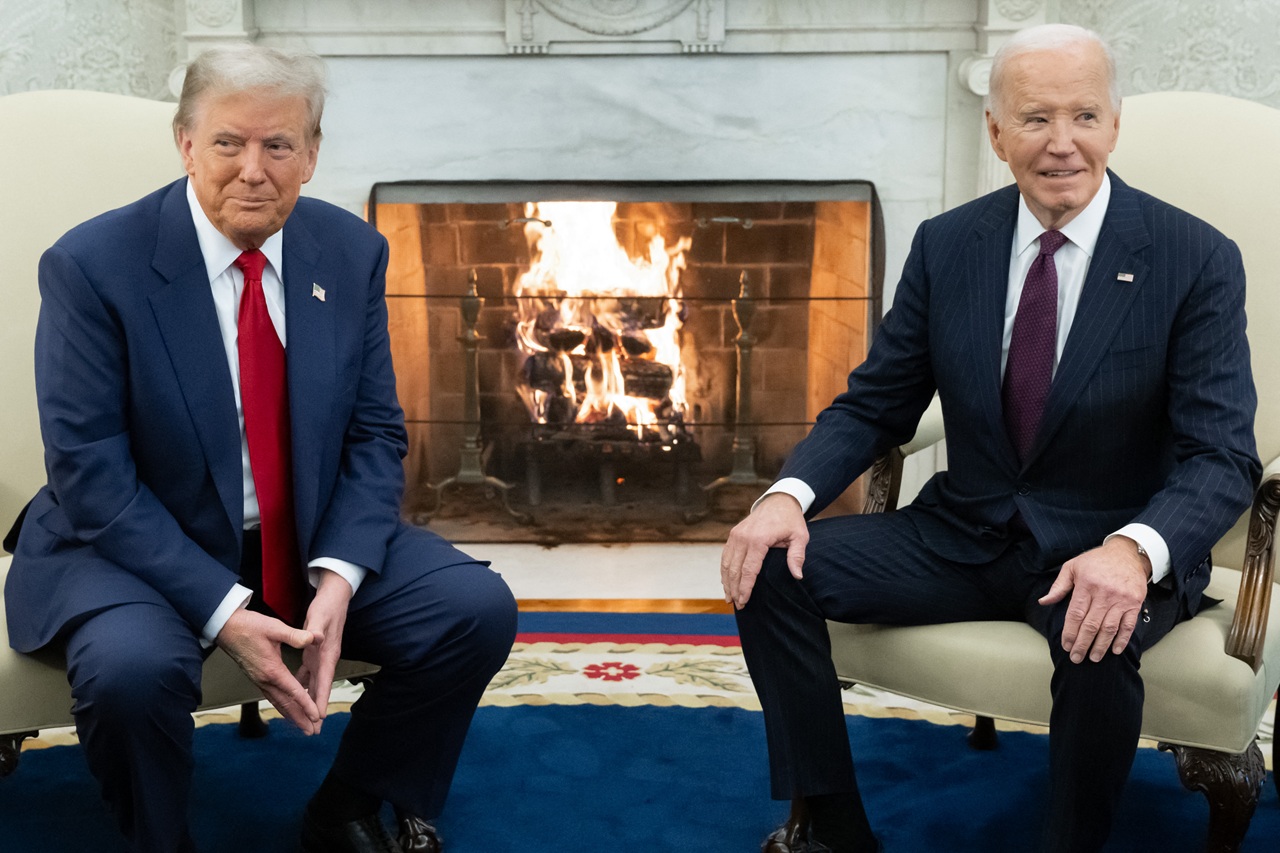



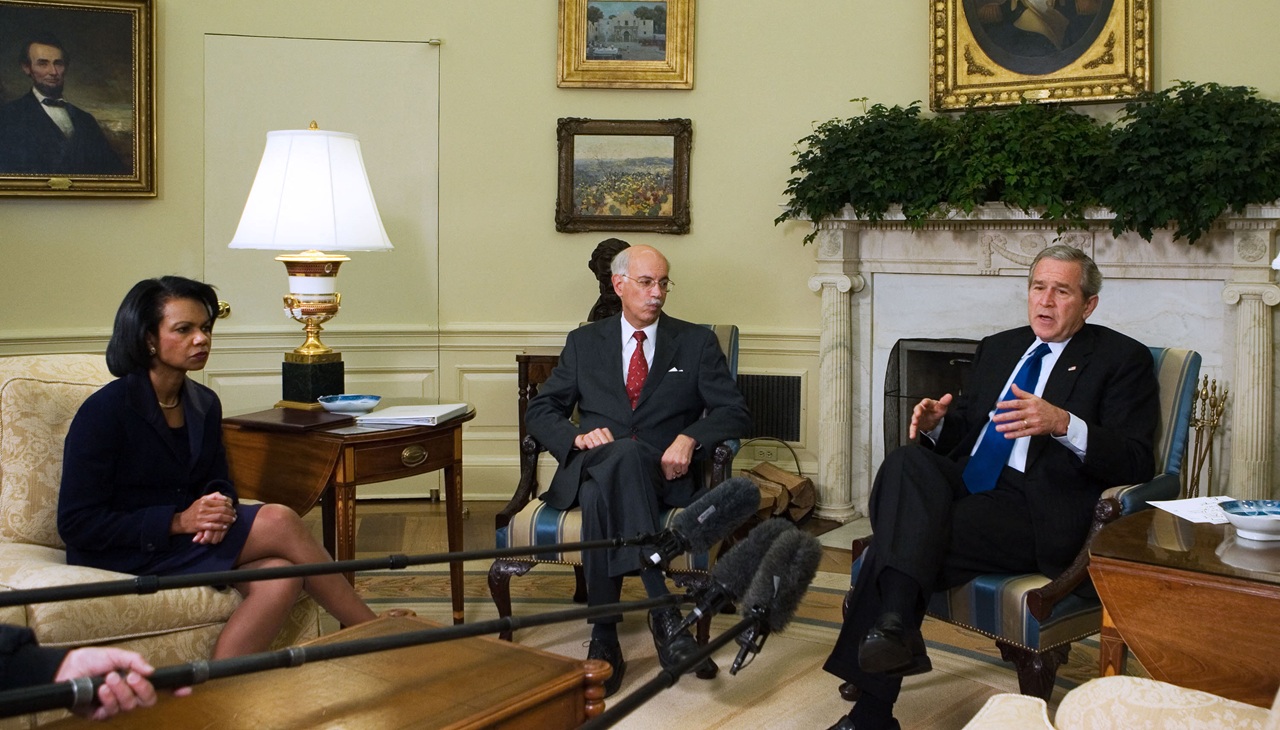
LEAVE A COMMENT: